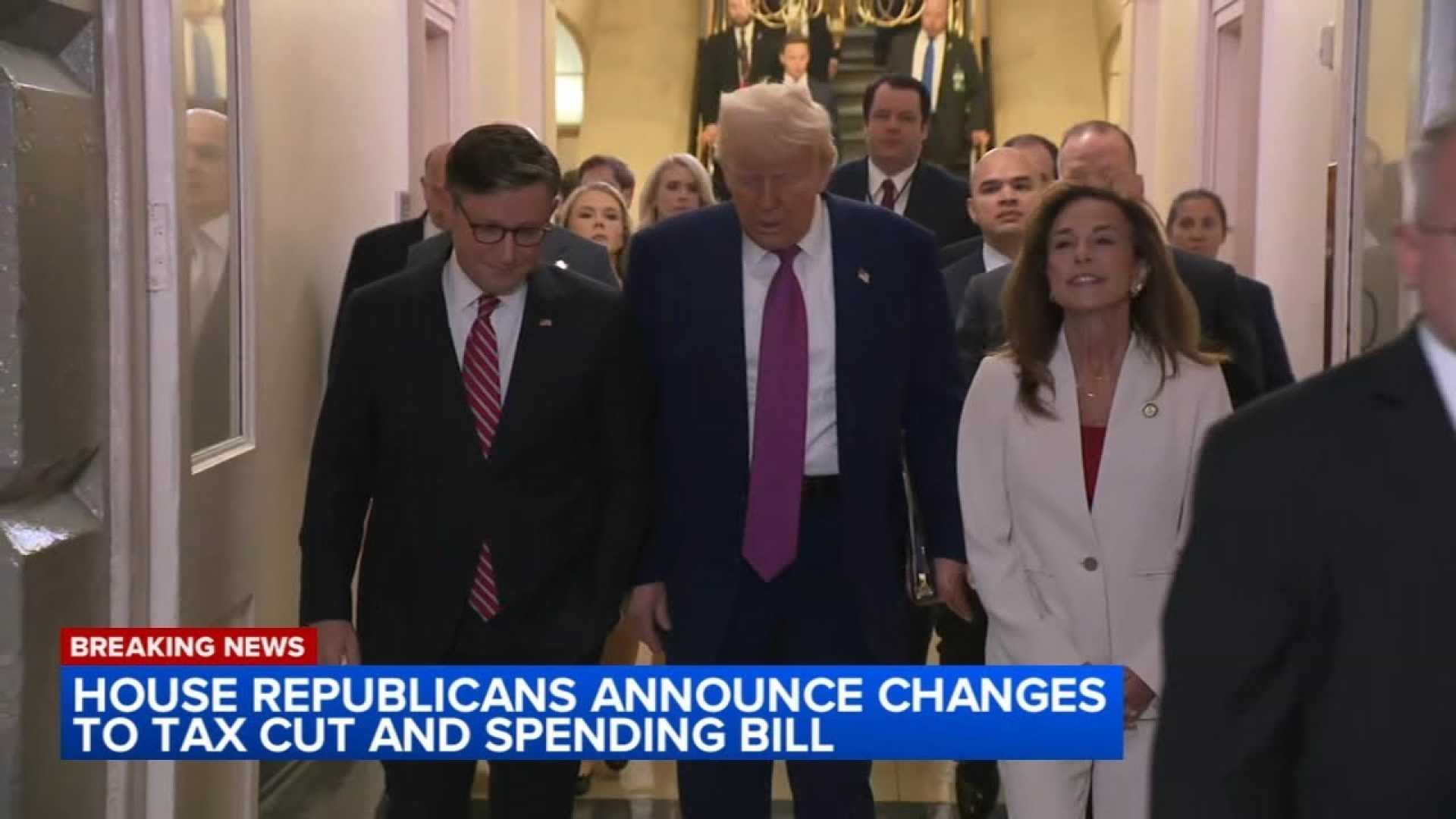Politics
House Passes Tax Bill with Key Changes for Seniors and Welfare

WASHINGTON, D.C. — House Republicans approved a sweeping tax and spending bill Thursday morning, delivering a significant win for President Donald Trump. The legislation passed narrowly with a vote of 215 to 214, and includes numerous provisions Trump promised during his campaign, like eliminating taxes on worker tips and overtime pay.
One notable omission from the bill is the elimination of taxes on Social Security benefits, which Trump had held as a priority. ‘Seniors should not pay taxes on Social Security and they won’t,’ Trump stated during an August rally in Pennsylvania. The bill’s exclusion of this provision is attributed to legislative rules that prevent changes to Social Security through the reconciliation process.
Maria Freese, a senior legislative representative with the National Committee to Preserve Social Security and Medicare, explained that attempting to alter the Social Security program through this process would violate existing regulations. Instead, the House bill includes a new tax break for senior citizens: an enhanced $4,000 deduction starting in the 2025 tax year, expiring in 2029.
This new deduction will be available to filers aged 65 and older, but is subject to income limits. Single filers making $75,000 or less can access the full deduction, while married couples must have incomes below $150,000.
Currently, about 40% of Social Security recipients, approximately 27 million people, are taxed on their benefits, according to the Social Security Administration. ‘I’m sure there are a lot of seniors who would be quite disappointed they will continue to pay taxes’ on their benefits, Freese said.
Freese highlighted that the share of seniors paying taxes on their benefits has increased from 26% in 1998 to 40% today. These taxes contribute roughly $50 billion annually to Social Security and Medicare programs.
Critics argue that eliminating these taxes on benefits could jeopardize the long-term stability of these programs. The Peter G. Peterson Institute warns that without this revenue, the Social Security trust fund could be depleted as early as 2032, which would require automatic cuts for beneficiaries.
Along with the deductions for seniors, the bill also proposes heightened requirements for Medicaid, including work mandates for able-bodied adults without dependents. These changes sparked significant political contention as discussions over the bill’s components progressed.
The Senate will now consider the bill and could propose modifications before it is sent to Trump’s desk for approval. Trump urged the Senate to act swiftly, stating, ‘It’s time for our friends in the United States Senate to get to work.’
Opposition from Democrats is strong, particularly regarding the changes to welfare programs. House Minority Leader Hakeem Jeffries labeled the legislation a ‘reckless, regressive and reprehensible GOP tax scam’ as the midterm elections approach.












